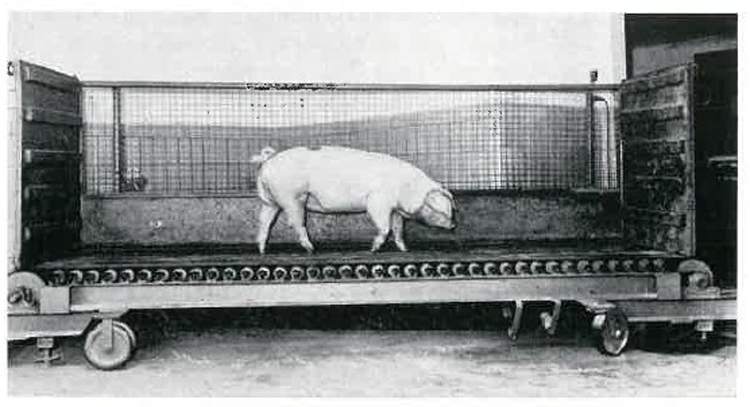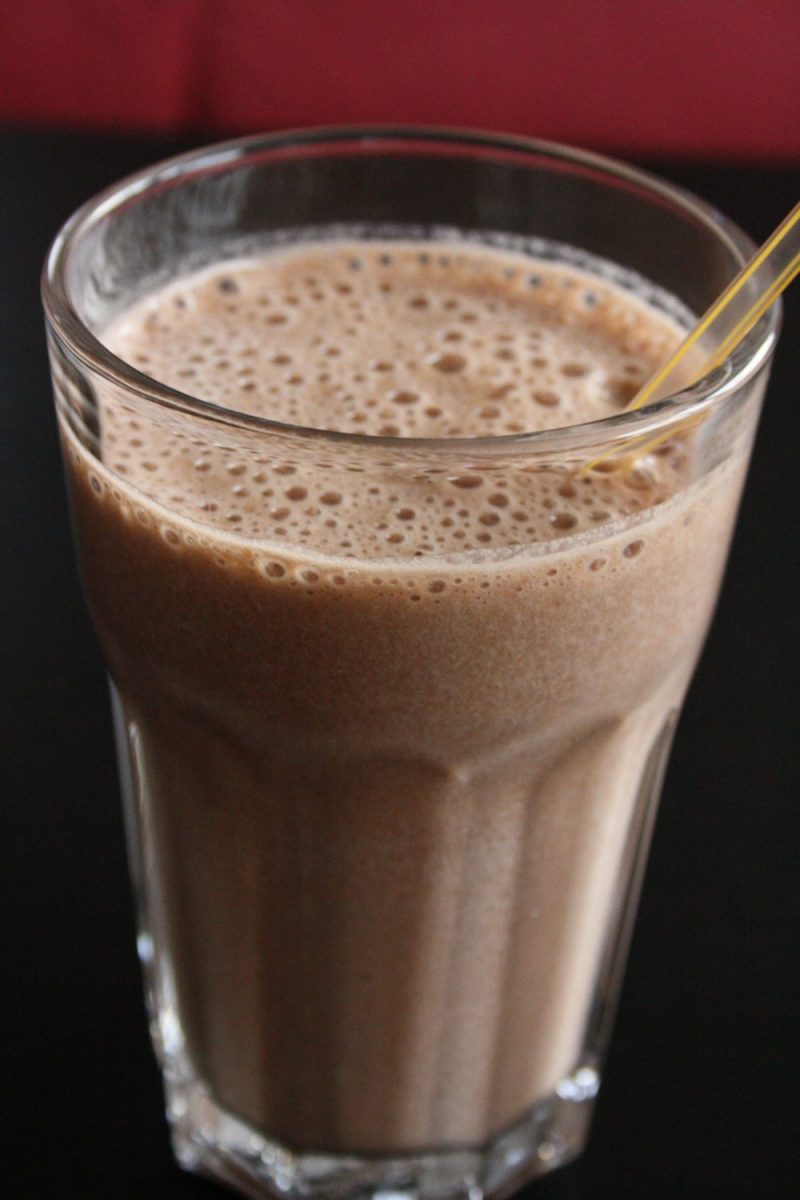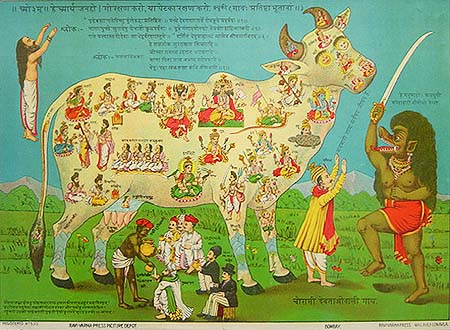Cypork: German Bodies and Designing Pigs for Consumption

Women at the Butcher’s The German weekly newsreel, the Ufa-Wochenschau, opened their program on 23 November, 1962 with a sequence from a West German butcher’s shop, portraying a group of women shopping. Examining the meat at display, they all shook their heads expressing their dissatisfaction with what was available: “That’s too fat! No thanks, that’s too fat!“ they chorused, shaking their heads. Their voices marked an ultimate turning point in the relationship between food and health in modern German history. For the first time changes in the labor market and the growth of prosperity led to worries about excess in society as a whole in the 1960s, instead of the previously known worries about scarcity. Less physical work, less need…



